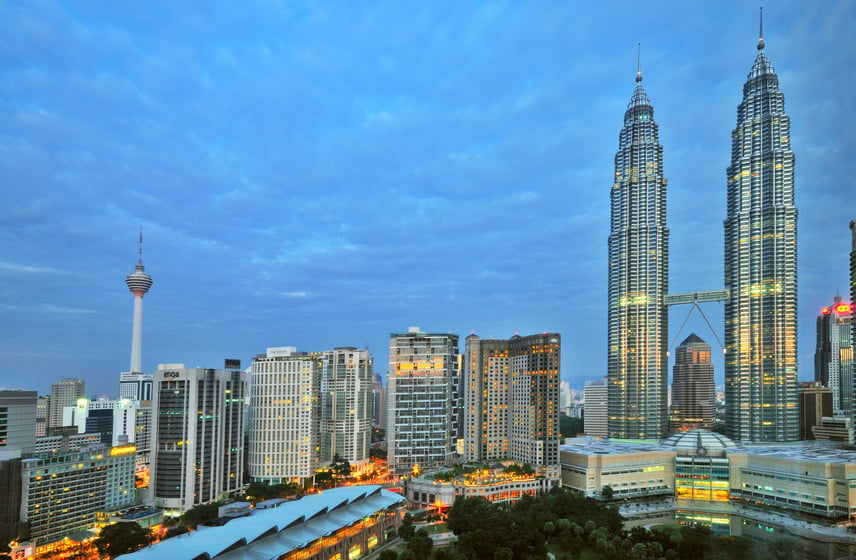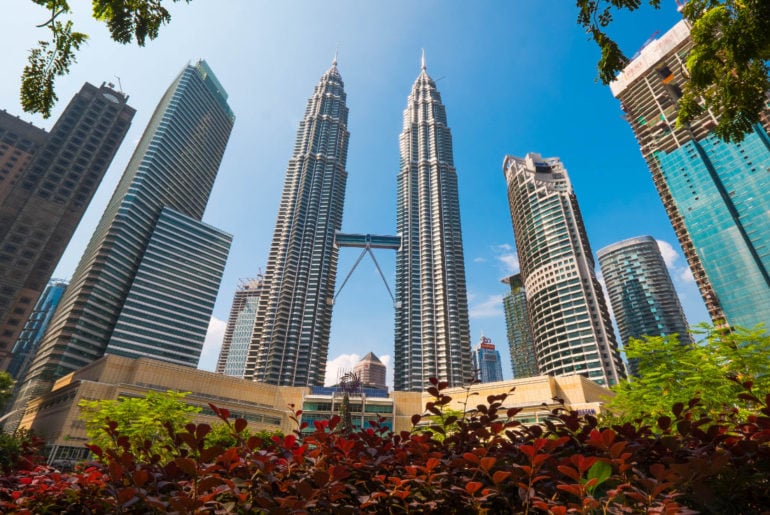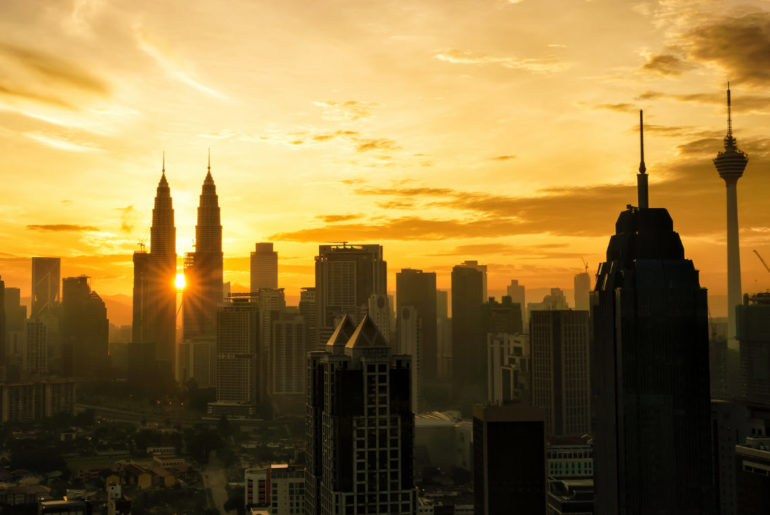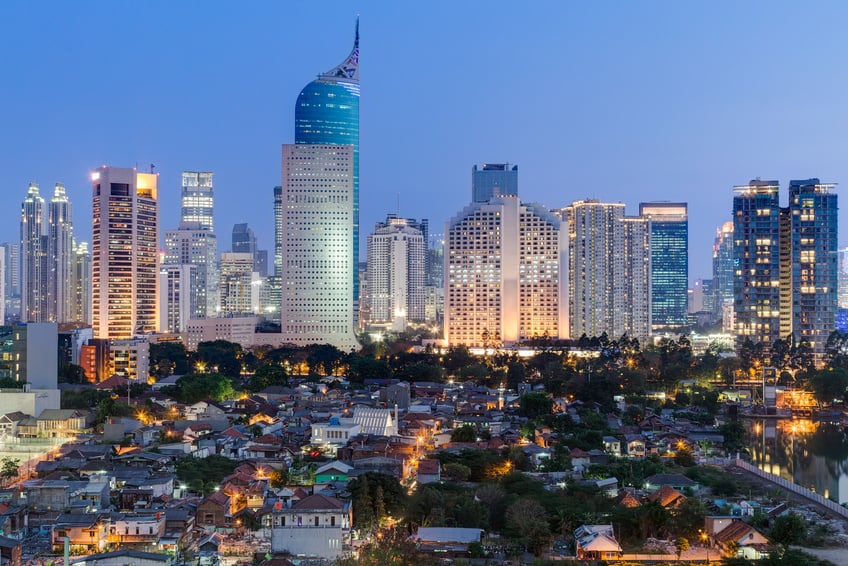The Malaysian Personal Data Protection Department has just published a questionnaire on Data Protection Officer (DPO) to gather market feedback on the role and qualification of a DPO in Malaysia . The deadline to respond to the Survey is 21 December 2022.
Malaysia recently launched the Corporate Green Power Programme (CGPP), a renewable energy initiative that allows corporate consumers to virtually purchase solar energy from solar developers. This is achieved through the use of virtual power purchase agreements, or Corporate Green Power Agreement. This alert explains the mechanism of CGPP and sets out the potential investment opportunities and benefits to corporate consumers, particularly those with plants and factories that have high energy usage.
The interim chairman of Malaysian Communications and Multimedia Commission announced that MCMC is undertaking a review of the current online content regulation and framework. This was shared following recent publication of online content deemed to be harmful to national security and harmony. He also noted that countries in the region such as Indonesia, Singapore and Australia have introduced direct regulatory oversight on social media service providers, holding them to greater accountability and responsibility when managing harmful content.
On 7 November 2022, the Energy Commission issued an information guide for the Corporate Green Power Programme. The CGPP aims to promote the adoption of green energy amongst corporate companies in Malaysia through the use of virtual power purchase agreements which is also known as the Corporate Green Power Agreement. The CGPP is open for application starting from 7 November 2022 until 6 February 2023.
The Malaysian Government has introduced the Corporate Green Power Programme to encourage the adoption of green electricity amongst corporate companies in Malaysia. This new initiative will be in addition to existing initiatives such as the net energy metering scheme, self-consumption schemes and the green electricity tariff programme to bolster Malaysia’s renewable energy agenda and promote carbon reduction.
On 7 October 2022, Malaysia’s Minister of Finance, YB Senator Tengku Dato’ Sri Zafrul Tengku Abdul Aziz, unveiled the Malaysian Budget 2023, themed “Keluarga Malaysia, Makmur Bersama”. This infographic sets out the key tax highlights from the Budget 2023 announcement.
On 7 October 2022 the Malaysian Minister of Finance tabled the Budget 2023 which covers the following 3 agendas, each supported by the agenda’s individual core focus and strategies:
• Responsive Budget – to expand fiscal policy
• Responsible Budget – to ensure financial sustainability of the Government
• Reformist Budget – to implement reforms and enact policies that could adapt to new norms
The comprehensive list of objectives within the Budget 2023 among others, is to strengthen economic recovery post COVID-19 and numerous incentives and action plans had been laid out to achieve these objectives. This alert focuses on the Budget 2023 highlights that would have an impact on the projects and infrastructure industries in Malaysia.
The Malaysian Government had, on 19 September 2022, launched the National Energy Policy 2022-2040 (“NEP”) with the following objectives:
• Enhancing macroeconomic resilience and energy security
• Achieving social equitability and affordability
• Ensuring environmental sustainability
In order to achieve these objectives, numerous action plans have been developed and laid out in the NEP and this client alert aims to provide an overview of the Low Carbon Aspiration 2040 initiative and highlight key action plans that would be of interest to all types of investors and companies intending to comply with environmental, social and governance requirements.
In 2020, MyCC imposed a total financial penalty of RM173 million against the General Insurance Association of Malaysia (PIAM) and its 23 members for alleged price-fixing of trade discounts on automotive parts prices and hourly labour rates for motor vehicle repairs by workshops under the PIAM Approved Repairers Scheme in breach of the Competition Act 2010. PIAM and the general insurers appealed to the Competition Appeal Tribunal (CAT). In September 2022, the CAT found that there was no liability on the part of the general insurers and PIAM under the Malaysian Competition Act and unanimously overturned MyCC’s decision.
On 30 August 2022, the Indonesian House of Representatives agreed to pass a law ratifying the Regional Comprehensive Economic Partnership, the largest regional free trade agreement outside the World Trade Organization — involving 10 ASEAN countries and five non-ASEAN countries, i.e., China, New Zealand, Australia, Japan and South Korea. With the passing of this law, which still requires promulgation by the President, RCEP is set to come into force for Indonesia, possibly before the end of the year.



